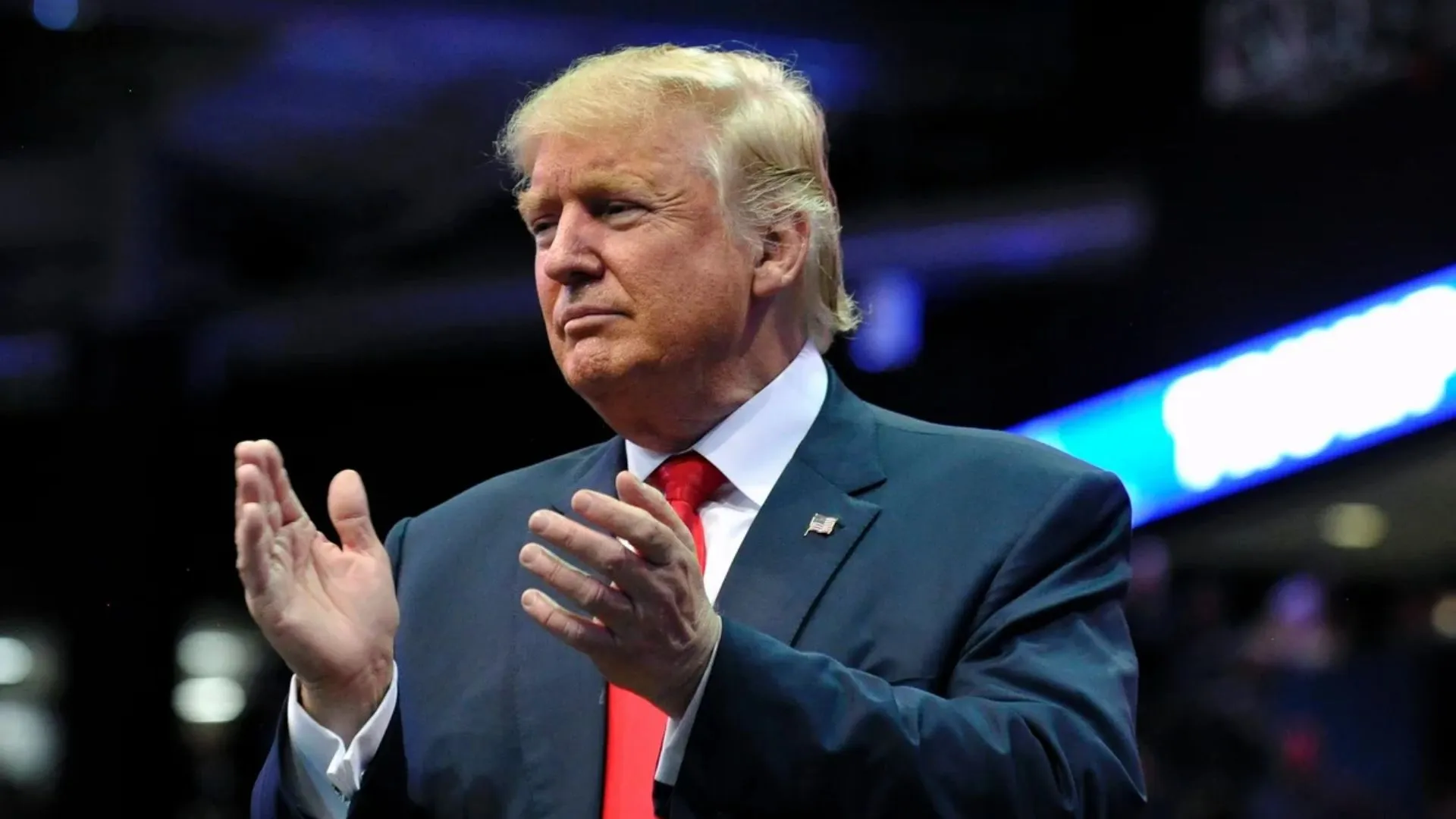Former President Donald Trump has described the presidential pardon power as “complete,” claiming it is free from limitations, including the assertion of an “absolute right” to pardon himself. These claims go beyond traditional interpretations, with past administrations of both parties resisting attempts to significantly curtail the power.
During his presidency, Trump faced criticism for alleged abuses of the pardon power. A detailed investigation highlighted that his clemency actions often prioritized personal and political gains over public interest. “Never before had a president used his constitutional clemency powers to free or forgive so many people who could be useful to his future political efforts,” concluded one analysis.
Article II, Section 2 of the Constitution grants the president the authority to issue pardons for federal offenses, barring cases of impeachment. The Supreme Court has characterized this power as an “act of grace” aimed at promoting justice and public welfare. However, this authority is not limitless and is bound by express and structural constitutional constraints, including:
Prohibition on Placing the President Above the Law
Self-pardons or pardons intended to impede investigations into the president’s actions violate constitutional principles, including the Take Care Clause and Oath Clause, which require the president to act in the public interest rather than for personal gain.
Federal courts have underscored the public interest nature of pardons. Former Chief Justice Howard Taft noted, “[t]he only rule he [a president] can follow is that he shall not exercise it against the public interest.” Additionally, the principle of impartiality, as articulated by James Madison and upheld by the Supreme Court, bars any person from being a judge in their own case, reinforcing the view that self-pardons are impermissible.
Moreover, the principle that no one is above the law remains fundamental. The Framers explicitly rejected the idea of an unaccountable president, emphasizing that U.S. presidents, unlike monarchs, are “subject to the law.”
Limits to Protect Other Constitutional Rights
The pardon power cannot override other constitutional provisions, such as individual rights. In 1915, the Supreme Court ruled that a president could not impose a pardon that violated the Fifth Amendment’s protection against self-incrimination. Similarly, pardons interfering with judicial powers, such as those for individuals held in contempt of court, would undermine the judiciary’s constitutional role.
Prohibition on Pardons Used to Violate Criminal Law
Pardons issued as part of bribery schemes or to obstruct justice violate federal laws. For example, promising pardons to hinder cooperation with criminal investigations constitutes obstruction. Allegations of this nature surfaced during Trump’s presidency, where communications between his legal team and Paul Manafort’s counsel reportedly suggested a pardon in exchange for non-cooperation with investigators.
Ban on Pardons That License Future Lawbreaking
Pardons intended to encourage or shield future lawbreaking violate the president’s constitutional duty to uphold the law. For instance, Trump’s suggestion to pardon individuals involved in the January 6th Capitol attack could be viewed as an endorsement of insurrection, directly contravening the president’s oath to defend the Constitution against domestic threats.
Checks on Presidential Pardons
Each branch of government plays a role in ensuring that the pardon power is not abused:
- Judiciary: Federal courts can rule on the constitutionality of pardons, as in Burdick v. United States, where the Supreme Court determined that pardons cannot be forced upon individuals.
- Congress: Through oversight and impeachment, Congress can address abuses, as evidenced by the articles of impeachment against President Richard Nixon for obstruction of justice through pardon-related actions.
- Executive Branch: Investigations into potential criminal abuses of pardons, such as the investigation into President Bill Clinton’s pardon of Marc Rich, illustrate how the executive can police itself.
Proposals for Reform
To prevent pardon power abuses, legislative reforms have been introduced, including measures to strengthen oversight and clarify related criminal laws. Such reforms aim to reinforce the principle that the pardon power must align with the public interest.
The Constitution establishes clear boundaries for the pardon power. It cannot shield the president from the law, undermine constitutional rights, facilitate criminal conduct, or encourage future violations. Ensuring accountability requires vigilance and swift action by all branches of government to uphold the balance of power and prevent abuses.
Read More : Joe Biden Grants Full Pardon To Hunter Biden In Final Weeks As President




